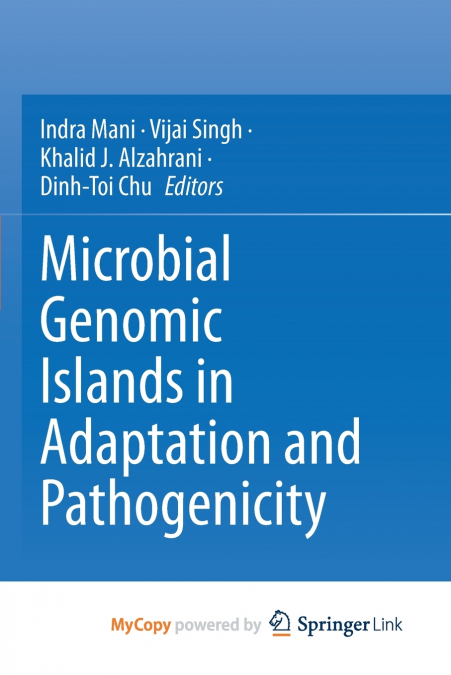
This book elucidates the role of microbial genomic islands (GEIs) in genome stability, plasticity, evolutionary adaptation, and pathogenicity in the bacterial population. The initial chapters of the book present tools, including bioinformatics, artificial intelligence, machine learning, next-generation sequencing, and molecular biology techniques, for the analysis of the genomic islands. The book also discusses the importance of genomic islands in bacterial speciation, acquisition of genes related to resistome, nitrogen fixation, mobilomes, and nutritional fitness and adaptation. It provides recent advances in understanding microbial genomic islands’ distribution, evolution, and mechanistic modes of behavior in pathogenic, non-pathogenic, and environmental species. This book is a valuable source for beginners in molecular microbiology, students, researchers, clinicians, stakeholders, and policymakers interested in understanding the role of GEIs in the adaptive evolution of microorganisms.